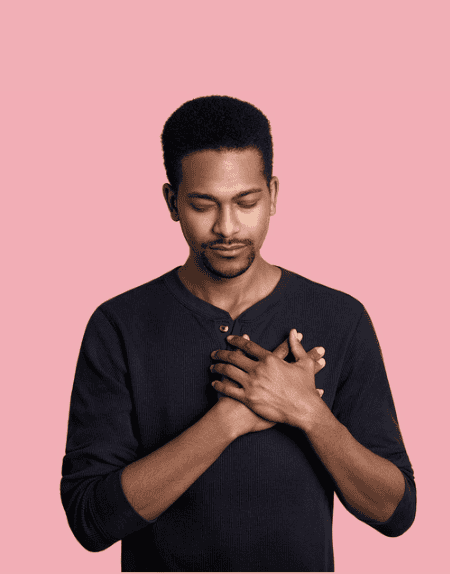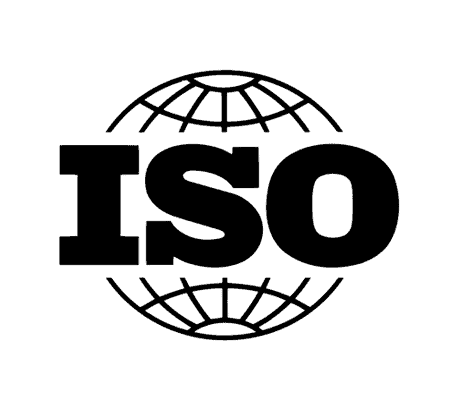
In the realm of personal development, the fusion of coaching practices with spiritual growth has become a powerful path for self-discovery and transformation. A coaching session focused on spiritual development delves into the depths of one’s consciousness, aiming to uncover unconscious biases, heighten awareness and reinforce concepts of value, meaning and collective purpose.
Coaching can spark spiritual awakening by helping individuals and teams navigate emotions, embrace change, address resistance, and embrace daily practices.
Work and careers play a significant role in our lives, shaping our identity, occupying our time, and providing us with a sense of purpose.
Both spirituality and coaching aim to promote personal growth in both our personal and professional lives, but how do they intersect?
Let’s explore.
How can you define spirituality?
Spirituality can seem like a nebulous concept to define. It encompasses a wide range of beliefs, practices, and experiences that can be as intangible as they are deeply personal. Rather than being structured and communal like traditional religion, spirituality emphasises individual exploration of meaning, purposes, and connection to something greater than oneself.
It points to a holistic understanding of what it means to be human and to exist in a complex world.
If spirituality is a key means through which people foster greater self-awareness, then this has important implications for coaching and other personal development efforts. Even in seemingly more results-driven fields, such as executive coaching and leadership development, fostering self-awareness is critical to progress.
The open-ended nature of spirituality and coaching
The fluidity of spirituality makes it challenging to pin down a single definition, often evolving and changing as people grow and develop. This ambiguity aligns closely with the practice of coaching, where coaches work to help clients explore and articulate their own unique beliefs, values, and sources of overall meaning.
By embracing the open-ended nature of spirituality, coaching supports a much deeper level of self-discovery, personal change and growth. This allows clients to align their actions with their innermost values, finding greater depth, meaning and purpose in their professional lives as much as their personal lives.


The tools and framework for growth
While spirituality may be challenging to define, that doesn’t mean it can’t provide a range of practical tools to help people grow professionally and personally. They often involve practices that encourage greater self-reflection, deepen emotional intelligence, and strengthen resilience. For instance, mindfulness meditation, which is rooted in Eastern spiritual traditions, has been repeatedly shown to reduce stress, support better emotional regulation, and improve overall focus. All of these are qualities that are essential for effective leadership.
Frameworks such as Integral Coaching and Transpersonal Coaching integrate spiritual development with goals-focused coaching methods, helping individuals to align their actions with their deeper values and purpose.
Spiritual practices and spirituality-informed coaching frameworks help to bring together the “doing and being” of leadership, enabling individuals to navigate their professional lives with greater clarity and compassion.
Service and Self-Awareness
In our recent podcast, leadership coach and UNLOQ associate Alison Manuel discusses her unique approach to integrating spirituality and coaching. She sheds light on the role spirituality can play in a coaching journey and how that coaching journey can inform and deepen an individual’s spirituality. Growing up in Malaysia, a cultural melting pot, Alison was exposed to the many different religious traditions that coexist in the country.
She identifies spirituality sharing with coaching as maximising an individual’s full potential through deep awareness and building connectedness. At the core of different spiritual traditions is the idea of service. Leadership can be understood and reframed as a relationship of service, with leaders serving the organisation’s collective goal while helping others and themselves to thrive.
In this fascinating podcast, Alison talks about her journey and how she uses spirituality in her coaching practice. Spirituality isn’t for everyone, and if someone makes it clear that their approach is purely goal-oriented, then that is respected. For most people and organisations, spirituality and coaching are not diametrically opposed; both have the shared goal of greater self-awareness.
You can learn more by listening to the podcast here.
Continue to professionalize and optimize
In addition to the continued development of our UNLOQ Campus coaching platform, we also accelerated the ISO 27001 certification process. This process had already started in 2019 and was aimed at improving our internal processes and increasing the security of customer information. Especially at a time when more and more work is done online and remotely, it is a challenge to ensure maximum confidentiality of information. Obtaining the ISO certificate is not easy; as an organization you have to comply with no less than 96 standards. In 2020, we secured our first certification. In 2023, we passed another 3-year audit which means we are now ISO 27001:2022 certified! This makes us one of the few (international) L&D organizations with this latest version of ISO 27001.




